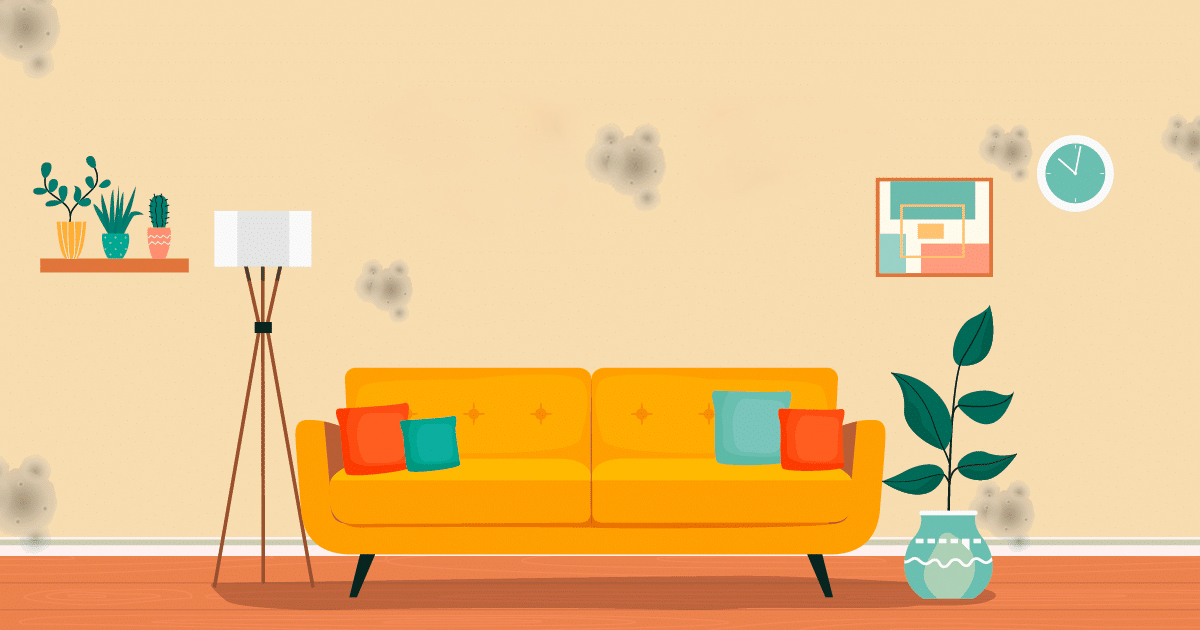Do you live in a house that feels constantly cold even when the sun is out? Are you constantly having flu-like symptoms?
Do you wonder why you feel better when outside but immediately you return home you start feeling cold? Do your clothes and shoes get weird white stains on them?
You could be having a mould problem in your house.
Table of Contents
What are the signs of mould in the house?
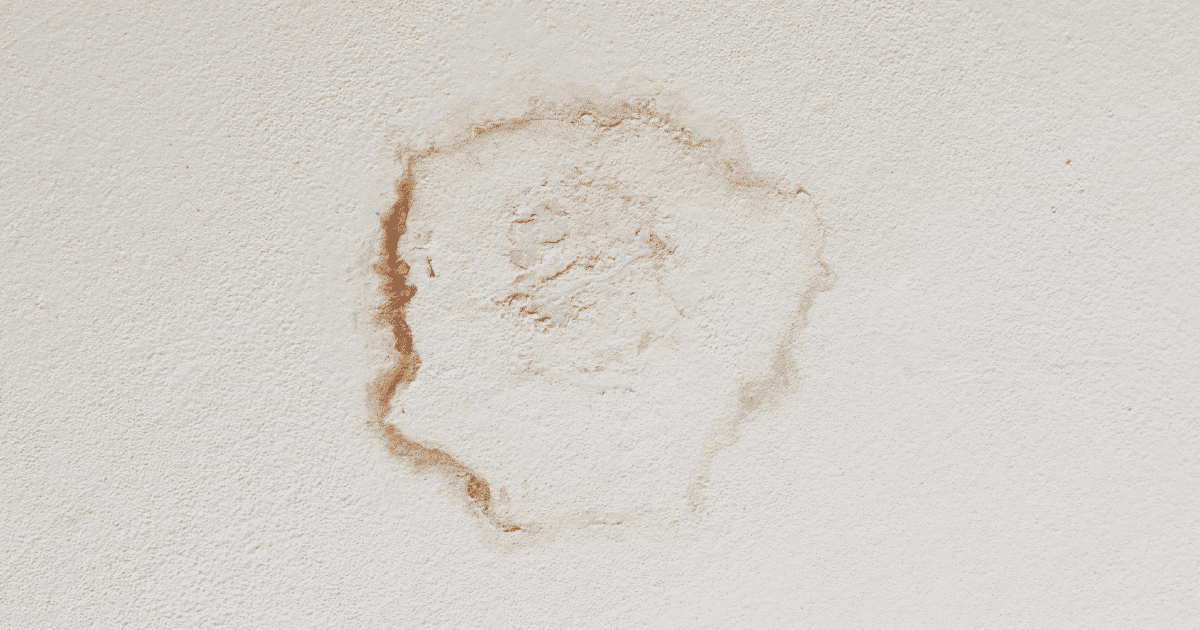
Mould is a type of fungus which grows in humid, warm or damp areas by creating spores that spread in the air. Mould will start growing slowly but the more you feed it, the faster it grows. It can grow indoors or outside the house.
It is difficult to see mould spores with your naked eye unless it has grown to the point where you see spots on the walls, bathrooms, kitchen and ceiling all the places mould would thrive in. If you have moist surfaces, the spores will land there and start growing.
Mould can cause structural damages to the property by peeling the walls, not forgetting it is disgusting to look at and it causes a musty smell in your house and sometimes in the basement.
If you live in an apartment or in an area with a poor drainage system, the mould spored can seep into your house through the sinks or the bathroom floor drain.
What causes moisture in the house?
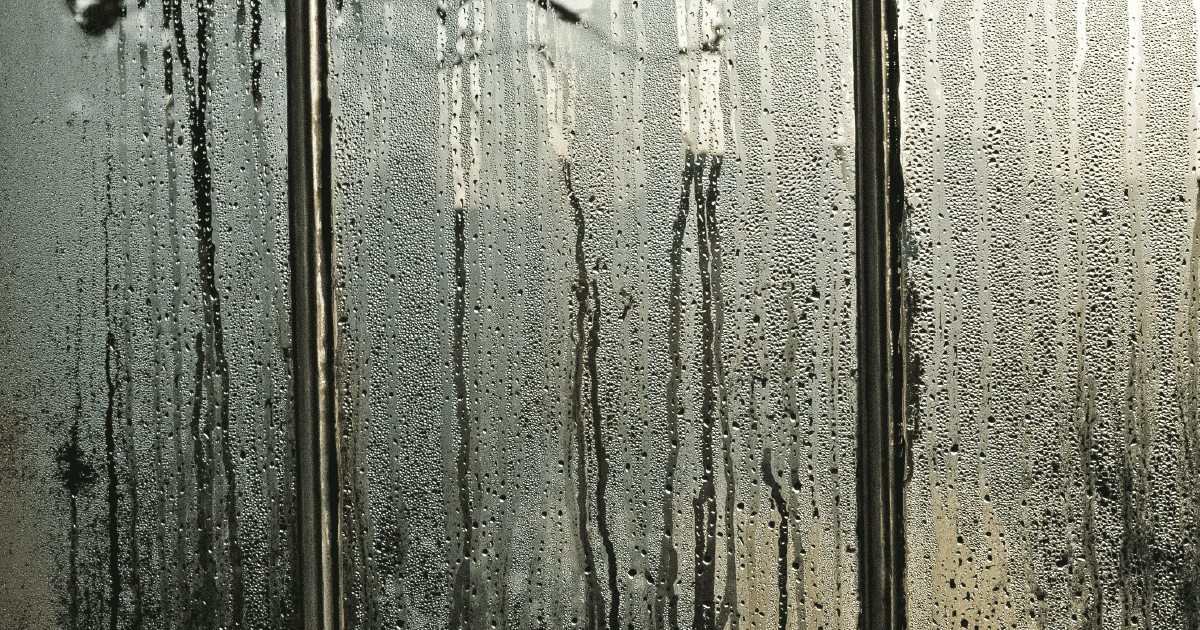
When you cook, clean, bathe, hang wet clothes in the house and even when breathing it leads to moisture builds up in the house.
The first place the moisture will form is on the cold areas of your house, usually along windows, corners and places stuffed with many items.
There is no problem with moisture in the house, it just needs enough air to dry it up completely.
The problem comes in when there is excessive moisture in your house which can ruin the paint on the wall, wood and causes allergens like mildew, dust mites and mould all of which have serious side effects on your health.
Another major cause of moisture in the house is leaking pipes. The water coming from the taps will condense in the air which converts into moisture.
A good way to know is by opening the drawer beneath the sink and find out if there is a funny smell.
General House Tips to Prevent Moisture Build-Up
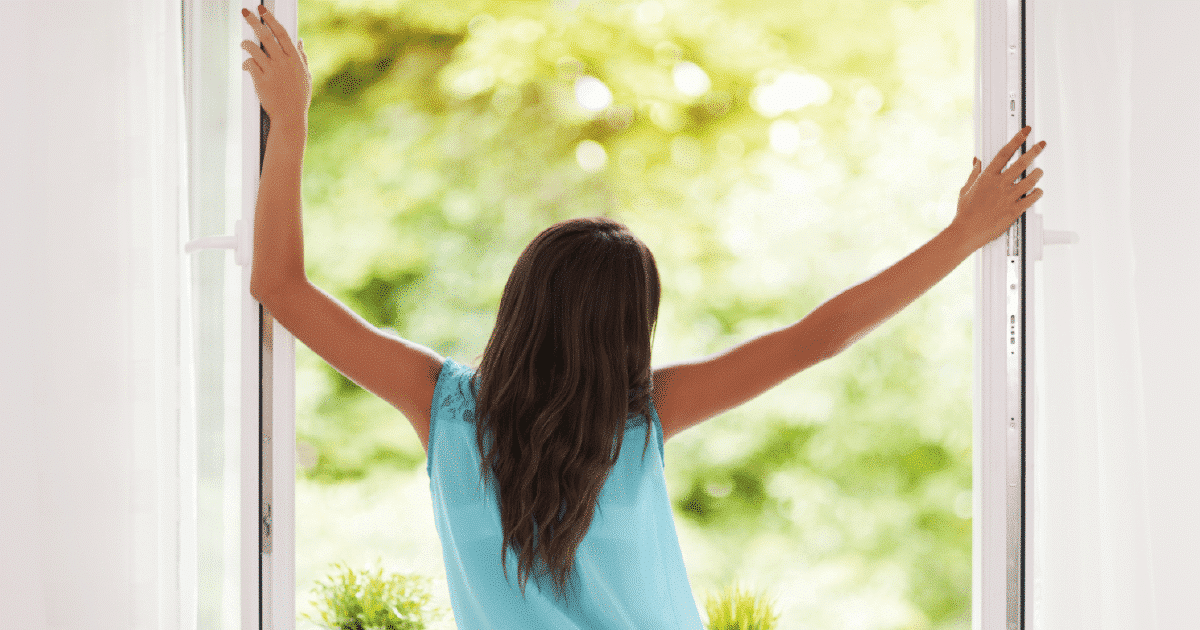
- Maintain a constant temperature in your house
- Open all the windows during the day and doors if possible for proper ventilation
- Wipe the moisture on the walls and windows daily
- Remove wallpaper if you have a damp wall(moisture builds up behind the wallpaper)
- Clean your house often to prevent dust from building up
- When cooking, try and cover your cooking pots if possible
- Fix any leaking pipes and roof leaks caused by the rains
- Avoid drying your clothes in the house
- When showering, avoid taking steamy showers
- If possible, avoid house plants which cause moisture in the house from all the watering
Can you get sick from mould in the house?

Absolutely. Mould has been known to cause serious health problems without you knowing. You might think that your house is just naturally cold.
This could be giving you flu-like symptoms such as a runny or blocked nose, chest pains, wheezing, fever, eye and throat irritation, dry cough, watery eyes and even shortness of breath.
If you have gone to the hospital or taken drugs which just don’t seem to work, you should check your home and see if that could be the source of your sickness.
How do you get rid of mould?
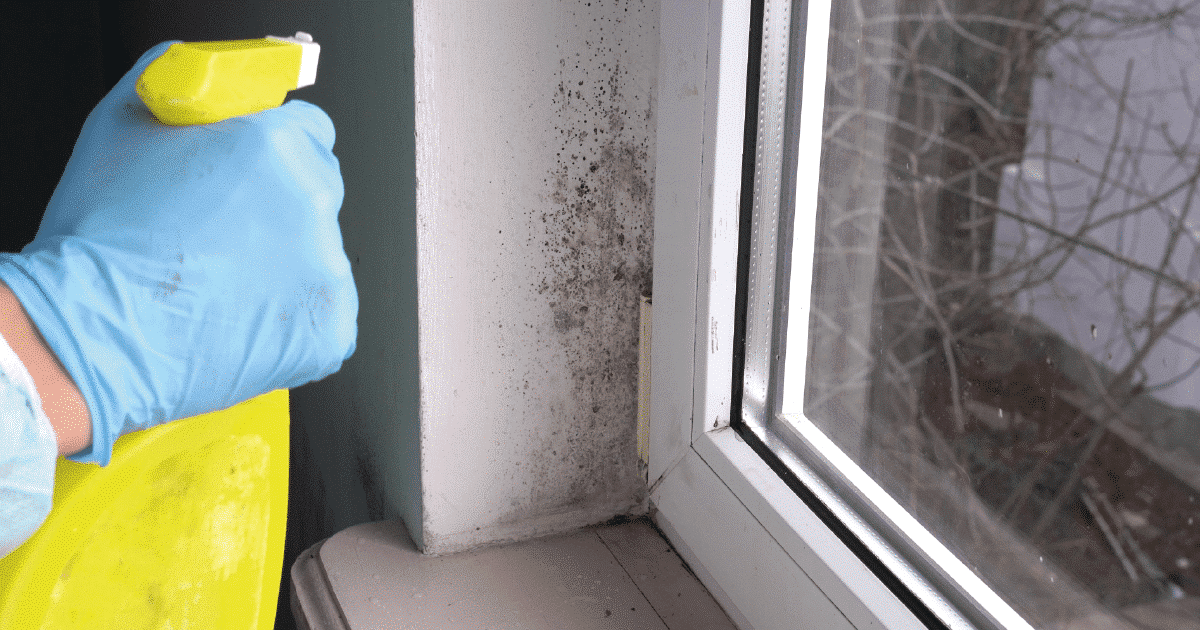
If you have followed the above tips to remove the moisture but the mould is still a problem, you might need to get a professional to fumigate the house depending on the extent of the damage. Exposure to high levels of mould spores in the air can make you sick just by touching it. If there are small visible patches,
- Wear rubber gloves and a mask to cover your nose and mouth.
- Use a rag to wipe the mould out. Don’t brush it as mould could get violent and release more spores in the air.
- Wipe the section with a dry rag to clear off the moisture.
- When you are done, throw away the rugs in a plastic bag to prevent the spores from growing in the trash bin.
- If the mould is stuck on your clothes, use normal washing detergent with warm water to clean it off.
- You can also use white vinegar with water to clean off the mould. Remember to dry the clothes under direct sunlight.
FAQs
1. Maintain a constant temperature in your house
2. Open all the windows during the day and doors if possible for proper ventilation
3. Wipe the moisture on the walls and windows daily
4. Remove wallpaper if you have a damp wall(moisture builds up behind the wallpaper)
Mould has been known to cause serious health problems without you knowing. You might think that your house is just naturally cold. This could be giving you flu-like symptoms such as a runny or blocked nose, chest pains, wheezing, fever, eye and throat irritation, dry cough, watery eyes, and even shortness of breath.
Moisture build-up. When you cook, clean, bathe, hang wet clothes in the house, and even when breathing it leads to moisture builds up in the house. Another major cause of moisture in the house is leaking pipes. The water coming from the taps will condense in the air which converts into moisture.
Summary
Dealing with mould in the house can leave you feeling frustrated to the point where you have to move out. But it doesn’t have to be that way. If you’re constantly trying to make your house warmer even when the sun is out, this could mean that their is a structural problem with the building.
The best way to avoid it is by ventilating your house properly to avoid moisture from building up, as well as staying in a house which has good natural light with direct sunlight.
